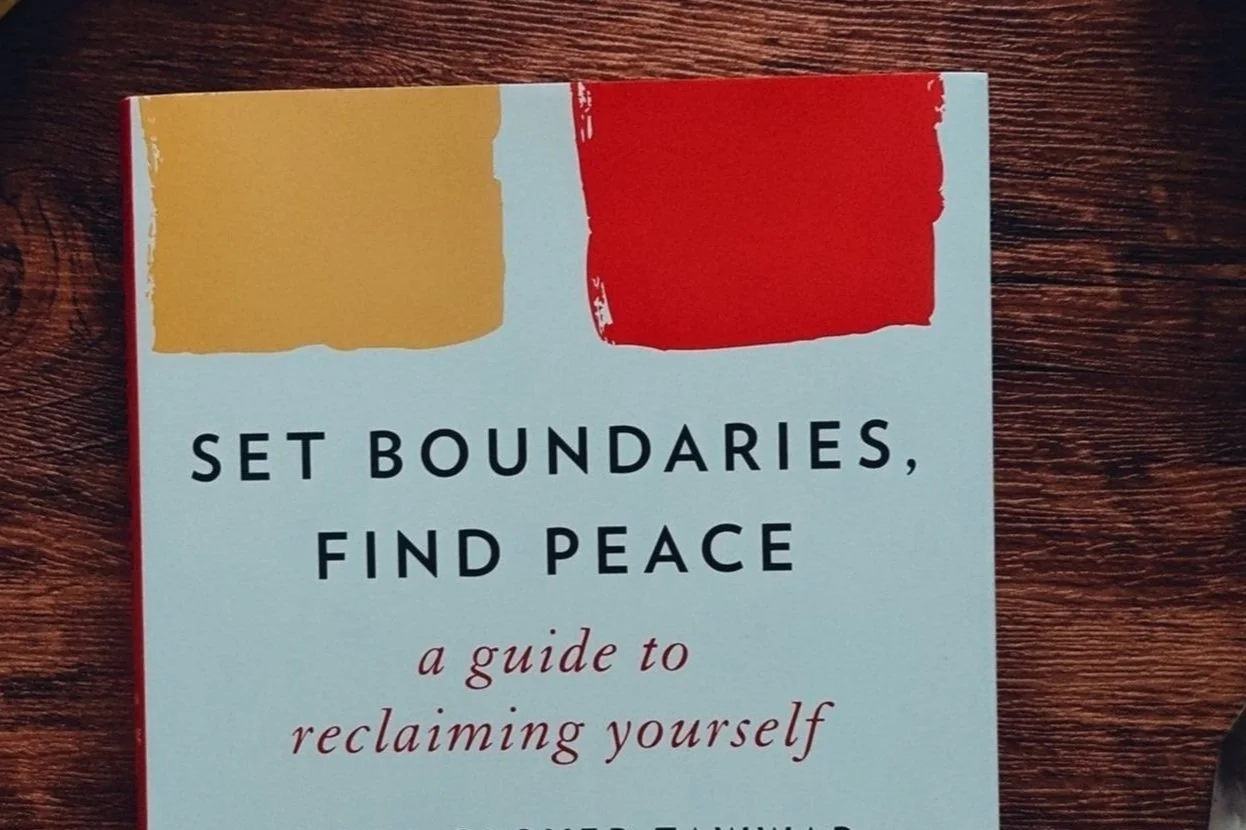4 boundaries which are helpful to set for a healthy relationship or marriage
For most people, the idea of setting boundaries in relationships seem unnecessary, or detrimental to the relationship as they fear the boundary will push their partner away. However, this assumption is not correct. Boundaries are essential to healthy relationships and, really, a healthy life. Do healthy relationships have boundaries? Yes!
In my previous blog introducing boundaries and their importance, I explain that a boundary is anything that marks a border. It’s a real or imagined line that marks the edge or limit of something or the limit of a subject, principle or relationship.
Therefore, your personal boundaries are guidelines, rules or standards that a person creates to identify reasonable, safe and acceptable ways for other people to behave towards them.
But why do I need to set boundaries in my relationships?
No matter the length or nature of your relationship, setting boundaries is a critical component to maintaining a healthy connection with your partner. Healthy boundaries reflect you - your principles, values and guidelines. A violation in those boundaries may arise when your partner disrespects, ignores, or isn’t even aware of those principles or personal needs.
I had a counselling client who was struggling with balancing motherhood, her job and family and household commitments. The client was depleted, had no energy, and was repeatedly running late to work due to school drop offs. She was fearful of losing her job, her self-esteem was suffering and she felt like she was failing as a Mother.
On exploring this further, it became apparent that the client was responsible for most of the house and family chores, as her husband had a stressful job which required long hours. The client did not feel that the chores were shared proportionally, and was resentful, and as such, there was a strain in her marriage.
The client said her husband was reasonable, but she didn’t feel comfortable asking him for more help, she was also raised to believe that women did more housework and child rearing. She thought this was her burden to bear, but knew changes were needed as she was starting to neglect herself.
When I started exploring boundaries with this client, the concept was foreign to her, she was so uncomfortable saying no and clarifying her needs to her husband.
Utilising CBT (Cognitive Behavioural Therapy) we worked through the limiting beliefs that were holding her back, and set boundaries around her relationship, which included communicating her needs and seeing herself, and her time as having value.
Not surprisingly her husband was unaware that my client felt so overwhelmed and did not know that she required more support as she kept telling him ‘She was fine’. Once she communicated her needs clearly with her partner and clarified any questions he had, they agreed to a way forward, one in which they both felt supported in the household.
My client reported that her relationship improved once these boundaries were set, because they were both willing to put in the work to ensure that the relationship stayed strong and safe. Having a close partnership should not have to conflict with your own needs.
What are some other boundaries in relationships?
Physical boundaries- Boundaries around physical proximity, personal space and sexual needs. Eg, if you are uncomfortable trying a new sexual position with a partner, you can say no and your partner cannot pressure you.
Conversational boundaries: Includes topics and subjects you are open to discussing and not discussing, and what will happen if the conversation gets heated. Eg if you and your partner have different political persuasions, and you feel uncomfortable continuing the conversation.
Time Boundaries: How much time you spend with each other, away from each other, with each other’s family etc. Eg you may have a boundary that you will not spend every weekend with your mother-in-law as you don’t get along, you agree to once a fortnight.
Financial boundaries: How will your money be split, are you each responsible for your own share of the bills? Do you have shared savings goals? Eg: “I would like my salary to go to my personal account, and not credited into our joint account”.
A healthy relationship encourages communication and mutual respect. Without respect, there are no boundaries. A loving partner will respect and value the boundaries you have set.
Defining boundaries can be difficult. If you have never set yourself boundaries and feel uncomfortable saying no, it may all seem a little intimidating. It may be helpful to speak to a counsellor who can help you define, set, and communicate your boundaries.

